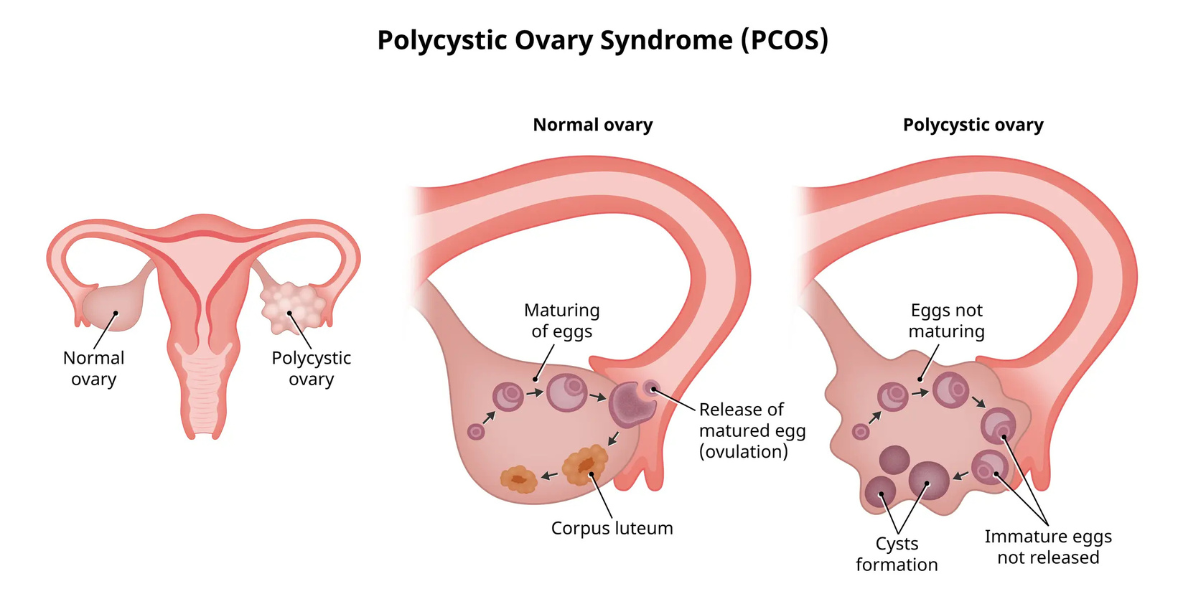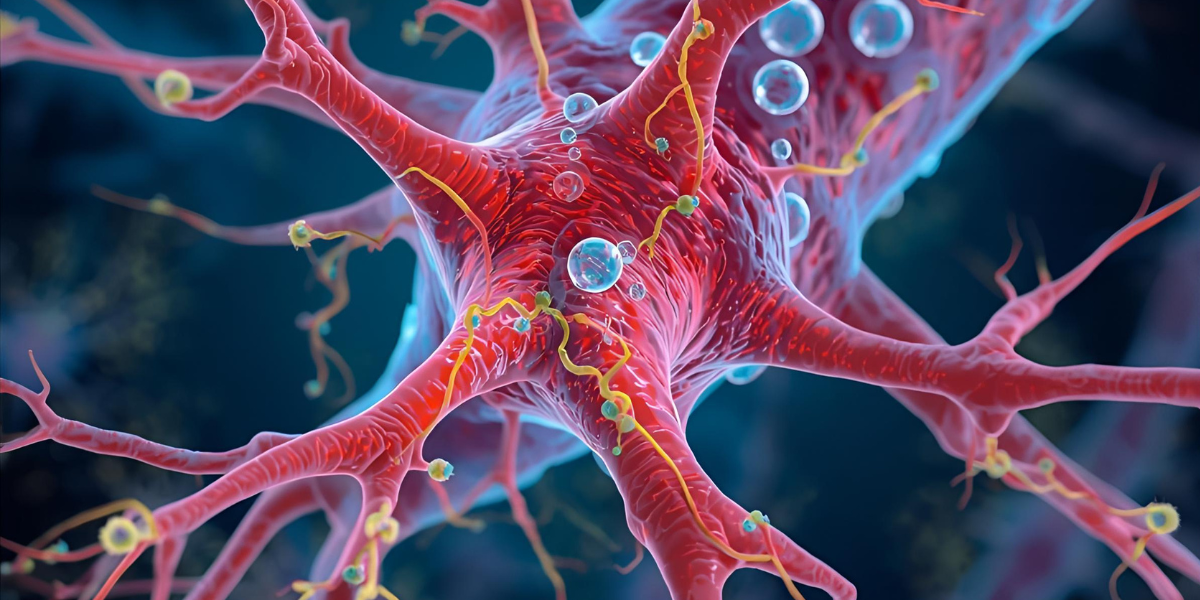
Is There a Male Biological Clock?
When we hear the phrase “biological clock,” it’s usually in reference to women and the age-related decline in fertility. But what about men? Is there a male biological clock, and does age affect male fertility in the same way? While men can remain fertile longer than women, recent research shows that age does impact male fertility—just differently. Here’s a closer look at the male biological clock and what it means for reproductive health.
Do Men Have a Biological Clock?
Yes, but it ticks a little differently. Unlike women, who are born with a fixed number of eggs, men continue to produce sperm throughout their lives. This means they don’t face a strict “fertility cut-off” like women do after menopause. However, sperm quality does decline with age, and that decline can affect the chances of conception, the time it takes to get pregnant, and even the health of the baby.
How Age Affects Male Fertility
After the age of 35–40, men may experience lower sperm count, reduced sperm motility, increased DNA fragmentation in sperm and abnormal sperm morphology. These changes don’t necessarily make conception impossible, but they can make it harder and may increase the risk of complications.
Studies show that men over 40 are more likely to take longer to conceive, even if their partner is younger and fertile. This is partly due to the decline in sperm quality. As men age, the number of mutations in sperm DNA increases. While most are harmless, some may raise the risk of conditions like autism, schizophrenia, and certain rare genetic syndromes in offspring.
Older paternal age has also been linked to higher risk of miscarriage, lower birth weight in babies and increased risk of stillbirth in some studies
How Late Is Too Late?
There’s no official “expiration date” on male fertility, and many men have fathered healthy children well into their 50s, 60s, and beyond. But from a biological perspective, male fertility begins to decline subtly around age 35 and more significantly after 40–45.
While you can’t stop aging, you can take proactive steps to protect your fertility like staying healthy and avoiding harmful habits. If fatherhood may be far down the line, sperm banking is a safe and effective option.
Conclusion
Yes, men do have a biological clock, though it ticks more slowly and subtly than women’s. Age-related changes in sperm can affect fertility, the health of the pregnancy, and even the baby’s long-term health. The good news? With healthy habits and timely planning, men can support their fertility well into midlife and beyond. It’s never too early or too late to take reproductive health seriously.






